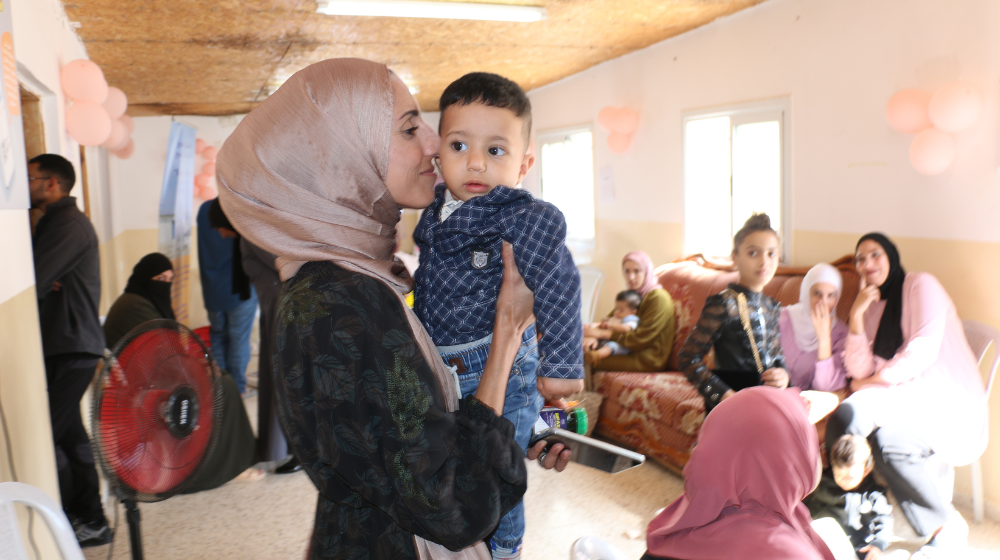
WEST BANK, State of Palestine – In the small village of Bethlehem’s Al Uqban, 55-year-old Mariam Al Zeer waited in line while a mobile healthcare team arrived at the clinic. The existing clinic is rundown and does not have its own staff or supplies, and the Israeli authorities prohibit the establishment of more permanent health facilities.
The mobile healthcare teams are plugging gaps where they can, but there are serious shortages in both staff and supplies.
“It is great they are here, but once a week is not enough,” Ms. Al Zeer said. “Some days there are 50 women here – maybe 30 get medicine and 20 don’t because they run out.”
The teams visit villages of 2,000 to 3,000 residents roughly once per week, typically covering three to four villages per day. They spend about two hours in each location.
When they run out of time or supplies, the next closest clinic is an hour-and-a-half to two-hour walk away – if one can get there. Since the conflict in Gaza erupted, the gate to the village has been closed.
“Twice I brought my son who had a fever here to the mobile clinic but they didn’t have any fever medication left to give him,” Duaa Adwa, 31, told UNFPA, the UN sexual and reproductive health agency.
Now, to reach the other health facility, “we need to take two taxis and then walk the rest of the way, or walk all the way,” she said. “Before, it took ten minutes by car.”

No Comments yet!